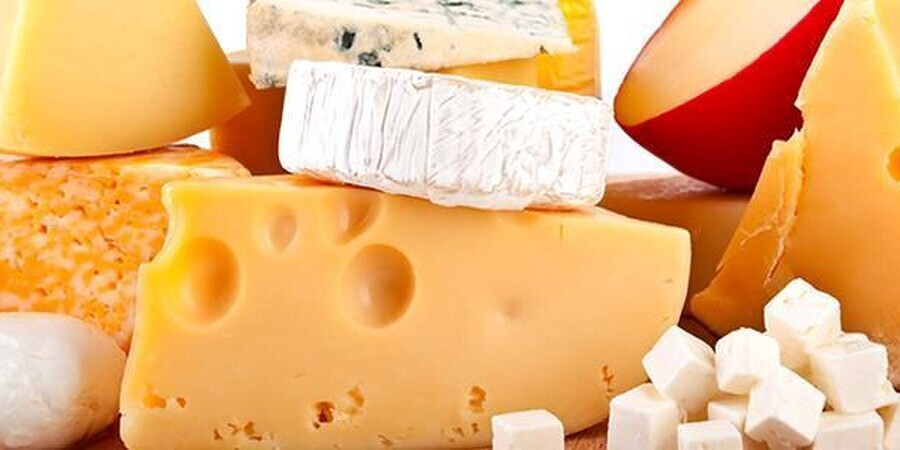Philadelphia, PA - Cheese, a delicious and nutritious food enjoyed for millennia, has a rich history dating back 4,000 years when humans began domesticating animals and processing their milk. Today, cheese comes in countless varieties, made from the milk of various mammals like cows, sheep, goats, and even camels. If you're in Philadelphia and want to experience the best this culinary delight has to offer, check out PhillyBite.com's "Top Cheese Shops In Philadelphia" Guide. But before you head out, here are some essential tips for buying cheese.
-
A Cheese Lover's Guide: Tips for Buying the Best Cheeses in Philadelphia
Choose a Reputable Source: Seek out specialty cheese shops, gourmet food stores, or local farmer's markets where you can find a curated selection of high-quality cheeses. These establishments often have knowledgeable staff who can guide you through the vast world of cheese and offer expert recommendations.
Check the Labels: Always pay close attention to the labels, especially for fresh cheeses, to ensure they are well within their expiration dates. For larger cheeses cut into smaller portions, look for a store label indicating the expiration date alongside the weight and price. Remember, a discounted cheese might not be a bargain if it's past its prime.
Assess the Cheese's Condition: Examine the cheese for its aroma, appearance, and flavor. Avoid cheeses with unpleasant smells like ammonia, sour milk, or barnyard odors. The interior should be free of cracks, discoloration, and mold (unless it's a blue cheese). Natural rind cheeses might have a rustic look, which is part of their charm. Whenever possible, taste before you buy, particularly in cut-and-wrap shops. If tasting isn't an option, opt for the smallest quantity to try it out.
Consider Dietary Needs: With diverse dietary preferences and restrictions, carefully check labels for the type of milk (cow, goat, sheep), whether it's pasteurized or raw, and the type of rennet used (animal, vegetal, or microbial). A knowledgeable cheesemonger can provide valuable information and steer you toward suitable options based on your dietary needs or preferences.
Buy What You Can Consume: To enjoy cheese at its best, purchase only the amount you can consume within a few days. If the cheese comes wrapped in plastic, rewrap it in waxed or parchment paper as soon as possible, allowing air and moisture to help maintain its optimal condition. And if you happen to purchase a cheese that's past its prime, don't hesitate to return it for a replacement or refund. Most retailers prioritize customer satisfaction.
By following these tips, you'll be well-equipped to navigate the world of cheese and discover the perfect additions to your next cheeseboard or culinary creation. With Philadelphia's thriving cheese scene, your next cheesy adventure awaits!
Share This Article on Social Media


